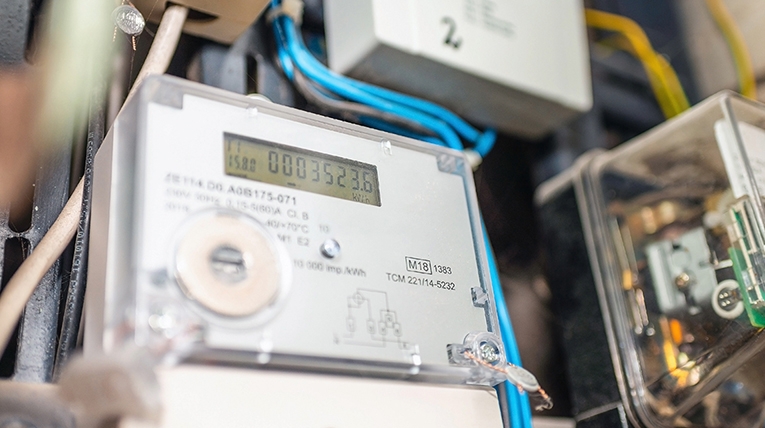As the world shifts toward smarter energy solutions, smart meters have emerged as a crucial technology in modernizing how we consume and manage energy. This blog will explore the different compliance standards across countries, including India, the types of smart meters available, their benefits and how VVDN is helping OEMs globally in developing and manufacturing next gen smart meters transforming the way we interact with energy, providing numerous benefits while also presenting unique challenges.
What is a Smart Meter?
A smart meter is an advanced energy meter that records electricity, gas, or water usage in real time. Unlike traditional meters, which require manual readings, smart meters send data directly to utility companies, enabling more efficient energy management.
Compliance and Standards: A Global Perspective
Smart meters are subject to various compliance standards depending on the country. Here’s a brief overview of some key regions:
1. United States
Standards: The National Institute of Standards and Technology (NIST) has established a framework for smart grid interoperability, ensuring that smart meters can communicate seamlessly with different devices and networks.
Regulatory Bodies: The Federal Energy Regulatory Commission (FERC) oversees electric utilities, while state public utility commissions regulate local implementations.
2. European Union
Standards: The EU has established the Smart Metering European Framework, which outlines technical specifications for smart metering systems. Key standards include the EN 62056 series for data exchange and the IEC 62053 series for metering accuracy.
Regulatory Bodies: The European Commission provides directives to member states for implementing smart meter systems.
3. India
Standards: The Bureau of Indian Standards (BIS) has developed specifications for smart meters, focusing on accuracy, security, and interoperability. The Smart Grid Mission, part of India’s Ministry of Power, aims to promote smart meter adoption.
Regulatory Bodies: The Central Electricity Authority (CEA) oversees the implementation of smart meters, while state electricity regulatory commissions regulate their deployment and standards.
4. United Kingdom
Standards: The Smart Meter Implementation Programme (SMIP) sets out technical specifications and interoperability requirements. The Data Communications Company (DCC) ensures secure data transmission.
Regulatory Bodies: Ofgem, the energy regulator, oversees the rollout and compliance of smart meters.
5. Australia
Standards: The Australian Energy Market Operator (AEMO) has developed the Metering Code, which includes standards for metering installation, maintenance, and data exchange.
Regulatory Bodies: The Australian Energy Regulator (AER) enforces compliance and supports the transition to smart meters.
Types of Smart Meters
Smart meters can be categorized based on the type of utility they measure:
- Electric Smart Meters: Measure electricity usage, enabling real-time monitoring and demand response capabilities.
- Gas Smart Meters: Track natural gas consumption, providing consumers with insights into usage patterns and potential savings.
- Water Smart Meters: Measure water usage, helping to detect leaks and promote conservation efforts.
- Multi-Utility Smart Meters: Combine functionalities to measure electricity, gas, and water, offering a comprehensive view of a household’s resource consumption.
Benefits of Smart Meters
- Real-Time Data Access: Consumers can monitor their usage in real time, leading to more informed decisions about energy consumption.
- Cost Savings: By understanding usage patterns, consumers can shift usage to off-peak times, reducing bills.
- Environmental Impact: Smart meters contribute to energy efficiency, reducing waste and lowering carbon footprints.
- Improved Reliability: Utilities can quickly identify outages and maintenance needs, leading to faster service restoration.
Why VVDN?
Our experienced power electronics team deeply understands the compliance and standards for smart meters and we are today with working with OEMs in developing and manufacturing their next gen smart meters including Hardware, Software, Mechanical, Testing & Certification and mass manufacturing.
If you are also looking for smart meters to be developed and manufactured, please feel free to contact info@vvdntech.com.









